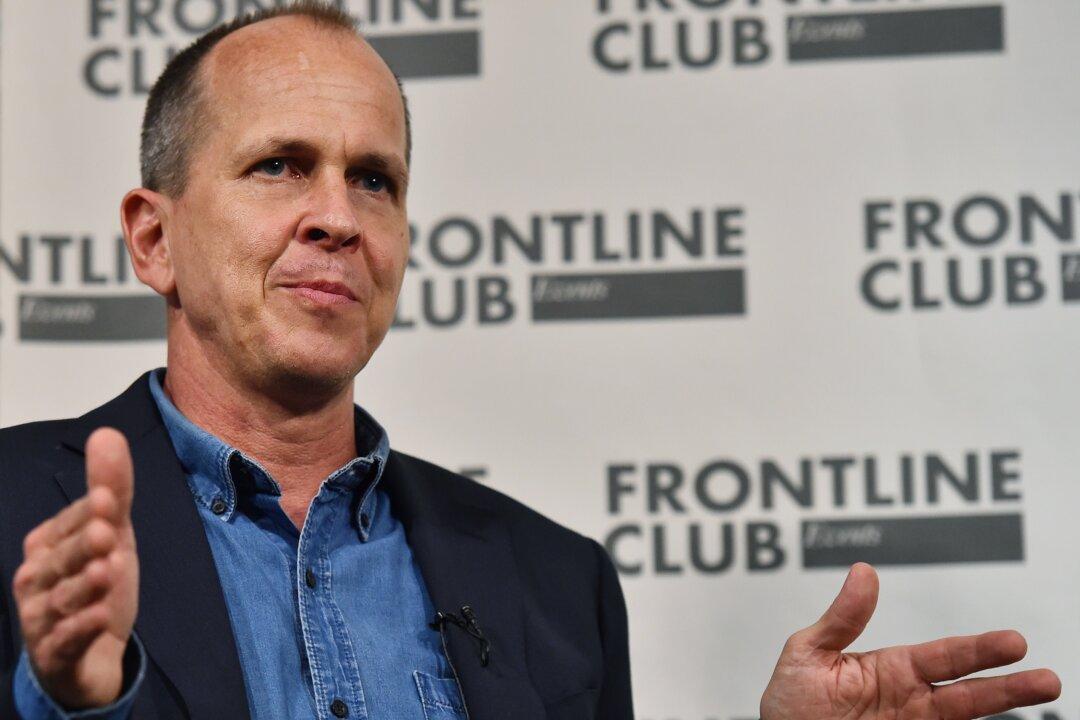A former journalist who was imprisoned by Egyptian authorities, has pledged to go on hunger strike to demand the release of a democracy activist under prolonged imprisonment.
Peter Greste, an award-winning journalist who has worked for the BBC, CNN, Al Jazeera, and Reuters, said he would fly to London to raise awareness about the situation of Alaa Abd El-Fattah, an Egyptian-British blogger and political activist.





